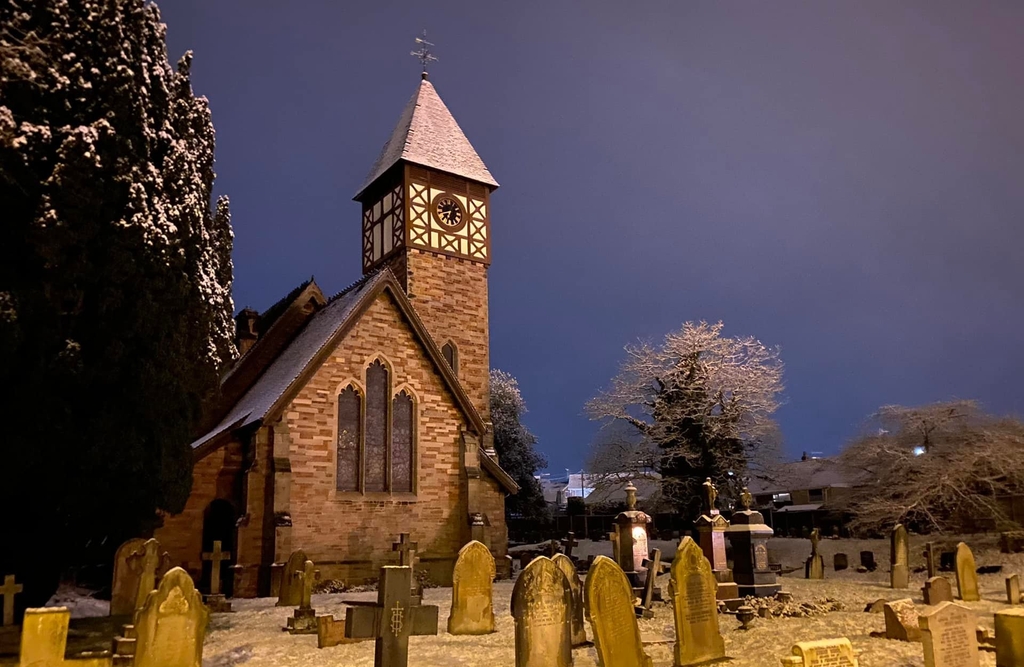Paul Graetz's reflection on music and faith comes at a good time, since the ministry team at St Luke's is looking again at songs and music in general.
Music has long had a strong place in faith. Anyone who walks around a Muslim city can testify to that, the Hebrew Bible gives descriptions of King David dancing and singing as he led the procession that carried the Ark of the Covenant and there are other descriptions of cymbals and lyres as the Jewish people sang praises to their God.
Classical composers such as Mozart, Bach and Handel are renowned for their Christian music, played on a multitude of instruments and sung by people from solos to vast choirs.
In England, there were periods when this wonderful variety of cheerful, uplifting music and singing was silenced, notably during the puritan period when pictures and murals were also defaced, removed or painted over.
When the pipe organ was invented, there was a surge of enthusiasm as churches up and down the country ditched their musicians for this new instrument. All of a sudden, only one musician was needed. It was a kind of iPod of its era!
In churches, that led to a further surge of songs (or hymns) designed for the organ and the 19th century saw thousands of such hymns written by people from all backgrounds. The number of hymnbooks published exploded and this continued into the 20th century.
Gradually, other musical instruments have returned to or arrived for the first time in churches; different types of songs of praise and thanks to God have emerged. It has been a kind of modern twist to the way things were before the pipe organ and Victorian hymns began to dominate worship.
This 'modern music' is no longer modern. Worship bands (or groups, or just bands) have been around for more than 30 years, yet they are still viewed as new and inappropriate for worship by many churches. Equally, one can worship at an event that has more than 1000 people present, with a band leading all those people in ecstatic and powerful praise of God.
In today's and tomorrow's church, unless the puritans return, music WILL have a strong part in our worship. In an open, loving community, that means we need music that allows everyone to worship God as easily, intimately and powerfully as they wish. Since music is an area where there have always been generational differences, that means a broad spectrum of music is needed. 12-35 year olds will not, in general, wish to sing 18th, 19th or even 20th century hymns for the organ. They may not wish to praise God with songs from much of the 21st century either!
For some older people, there is deep comfort and worship in these older hymns. They remind us of packed churches of our youth, of our schooldays or perhaps of wedding days. They have had a deep and lasting effect and they continue to do so.
The question that we all have to face is, 'What can we sing in praise of our God that allows his Church to thrive, grow and renew?' It's no good being personally comfortable if that drives the next generation away from the church doors; that's the route to 'Will the last one left please turn out the lights and lock the doors for the last time?'
These words are meant to be provocative. The Parochial Church Council at St Luke's has spoken unanimously of its greatest wish being to see many more young people there. Achieving that means creating and maintaining an environment where those young people feel at home, wanted and in touch with God through their song and prayer. If we don't do that, something else will fill that gap in their lives.
May the Lord guide us and grant us the willingness to listen to others as we debate and reflect on music in our faith. May the Lord give us the wisdom to take a path that will grow his Church in Tittensor. Amen

















